Write with Purpose:
I've been an avid reader most of my life, and a published author for almost ten. As I encounter each editorial session for contracted books, I continue to learn more about the art of writing...and believe me, it is an art.
Some of the biggest "stinkers" I've read were written by authors who didn't ask themselves the simplest questions:
Some of the biggest "stinkers" I've read were written by authors who didn't ask themselves the simplest questions:
Is there a hook at the beginning of my story that draws the reader in and makes them want to keep reading? If not, chances are the reader won't get beyond the first few pages.
Does the reader immediately have a feel for the time and place in which the story takes place? Nothing is worse than starting a story and having no idea about where it's taking place and in which era. Immediately identify the year and locale if possible to give the reader an immediate feel of the setting.
Are my characters likable, and have I connected the reader with them? Very few people will read about characters they dislike if no one in the cast holds appeal. Heroes and Heroines are usually strong personalities because no one likes wimpiness or someone who is too wishy-washy. You can get away with a little in secondary characters, but make sure there is something admirable about the person or persons in your lead role.
Does each scene do something to propel the story forward? I personally find it boring to read a scene that adds nothing to the story but word count, and doesn't propel the plot forward. If you write a scene, make sure it adds to the flow and sets the stage for action or reaction.
Is the plot believable, or in the very least, something with which the reader can identify? Yes, in fiction we can play make believe, but we still have to have some degree of believability in order for reader to relate to the story. We can have werewolves and shapeshifters, even invisibility, but there must be something about the characters that bonds them to the reader. Something human and tangible to stir an emotion.
Is my grammar and description pertinent to the era in which the book is set? If you write historical, you'd better be accurate in your facts no matter how fictional your characters may be. There is no faster way to lose credibility than to have your characters speak in a manner not befitting the time frame in which you've set your story.
Have I been redundant? Oh God, this is perhaps my biggest fear. I detest nothing more than re-reading the same information over and over, no matter that it may be worded differently. Readers have good memories, and if you tell them something once, they are likely to remember it and frown if they read it a second or third time.
Have I been consistent? No one likes a character who has blue eyes in one chapter and brown in the next. Although I'm a pantser and don't plot my stories, I've taken to making notes of hair/eye color, age, and other important data that is easily forgotten from chapter to chapter. When you've written quite a few books, remembering who is blond and who is red-headed, can be a chore. Be consistent. It's important.
Have I ended each chapter in a way that makes the reader keep turning pages until the end? I always try to imagine that the person reading my book is looking for a place to put the book down, settle into the blankets and turn off the light. I don't want them to find that place. My goal...keep them hooked and turning pages and nothing becomes a snoozer more than a mediocre ending to a chapter. Each closing paragraph or sentence should set up enough curiosity that the reader can't possibly lose interest.
Will my reader feel the same emotions as my characters? This is where SHOWING becomes much more important than TELLING. You can tell someone how sad your character is, but if you do a good job of SHOWING their unhappiness, the reader is bound to feel the same emotions. Make your reader walk in the character's shoes...feel the emotions, smell the aromas, and feel the downy carpet beneath their bare feet.
And most of all, as Cheryl St. John taught me, don't let your story become predictable. Readers want to respect your characters and not be able to figure out the plot before they get to the end. Surprise them, shock them, scare them, but don't disappoint them.
One last tip. Read your story aloud. It's the best way to catch a lot of these problem areas. Proof-reading your own work is hard because your brain will read what it thinks should be there. If you say it aloud, it sticks, and you can fix it. Hope this post has been helpful. Feel free to add a few tips of your own in the comments section. We all learn from one another and our reading and writing experiences.
Thanks to Gabrielle for hosting me today. Consider yourself invited to stop by my blogs, Dishin' It Out and Cowboy Kisses. If you'd like to see all my books, mosey on over to my website.
Thanks so much, Ginger! As someone who's been an editor in addition to a writer for years, I second these ideas.
























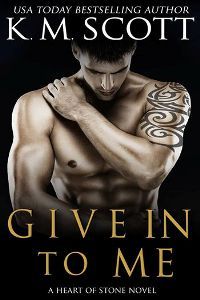
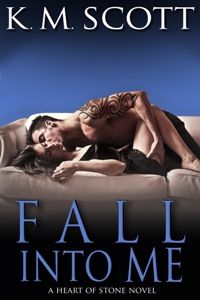




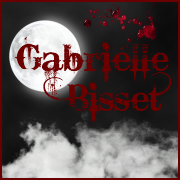





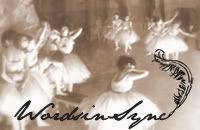


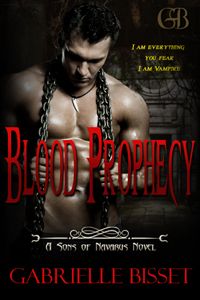

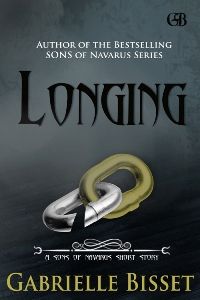
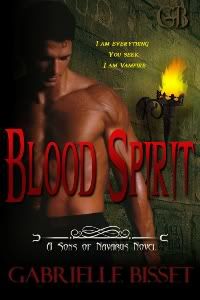

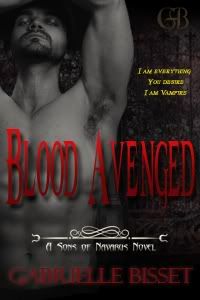
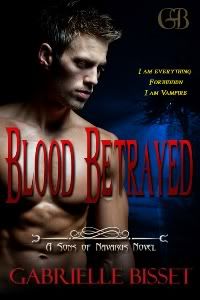
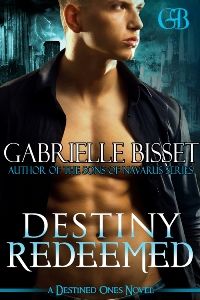

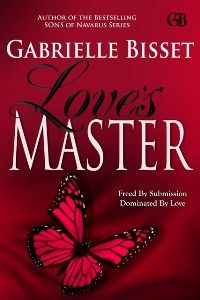
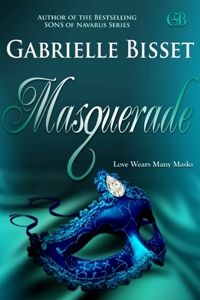
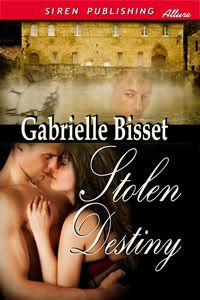








7 comments:
great post! I tend to pants most of the time myself. But I'm finding it's a bad idea when you write a series. O.o Okay for stand alones, but with a series I've got to at least make notes about plot threads that have carried from one book to the next so I don't forget them.
I've always been a plotter, but the Sons of Navarus series I'm doing now is really making the plotting necessary. Like you, Jennifer, I have to remember all those plot threads. :)
Jennifer,
I used to have a memory, but as I've gotten older, even though I can't plot to save my life, I do have to write somethings down. I'm finding having a small binder with character descriptions is helpful in more ways than one.
Words to remember.
Truer words were never spoken about writing. They should be inprinted into our brains. Lest we forget, that's what critique pals are for.
Great reminder, Ginger. I should copy this and save for the times I need a quick kick in the butt for forgetting. And lets all remember 'voice' also.
Very good advice! I try to follow this with every story I write. But it's good to read again that writing this way will definitely keep readers coming back. :)
Great advice Ginger, and so often ignored by authors. I will have to make sure I'm not one of them!
Post a Comment